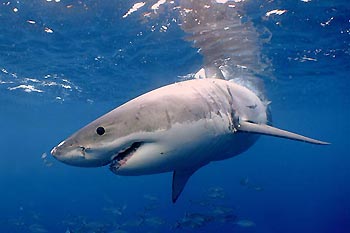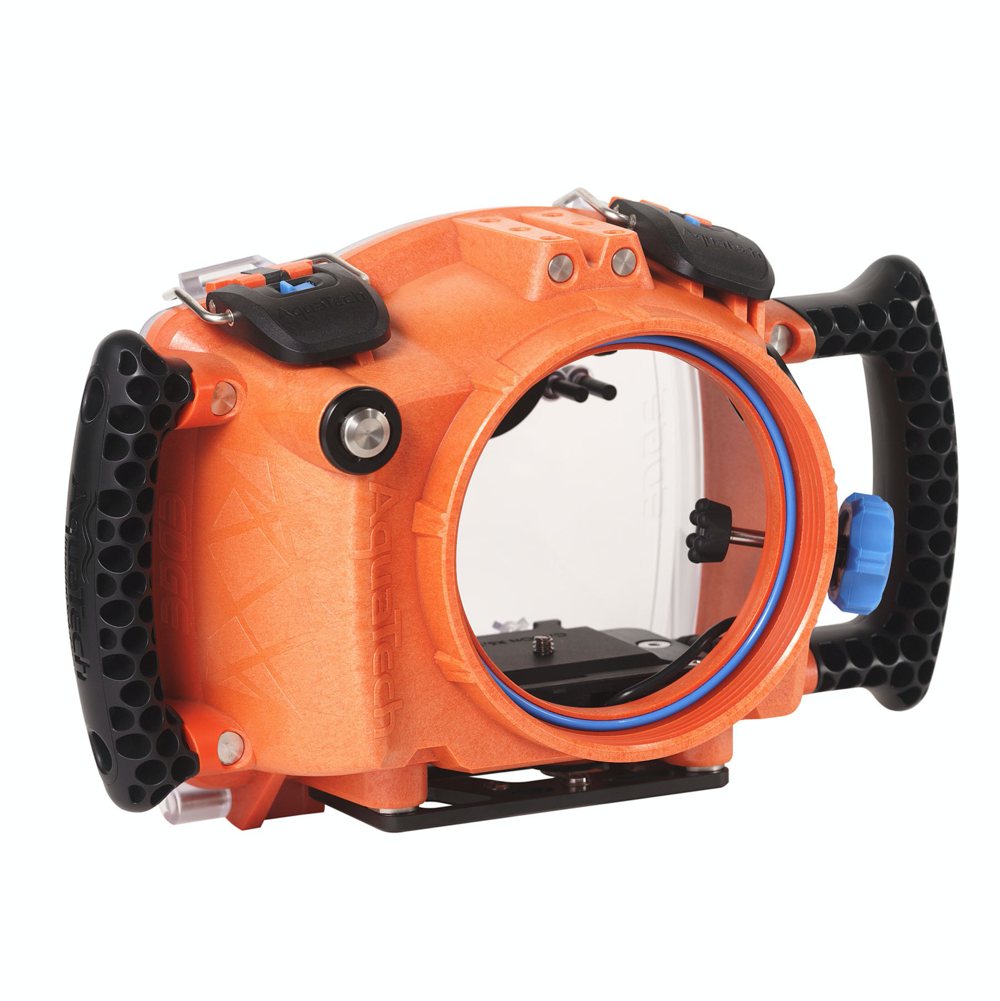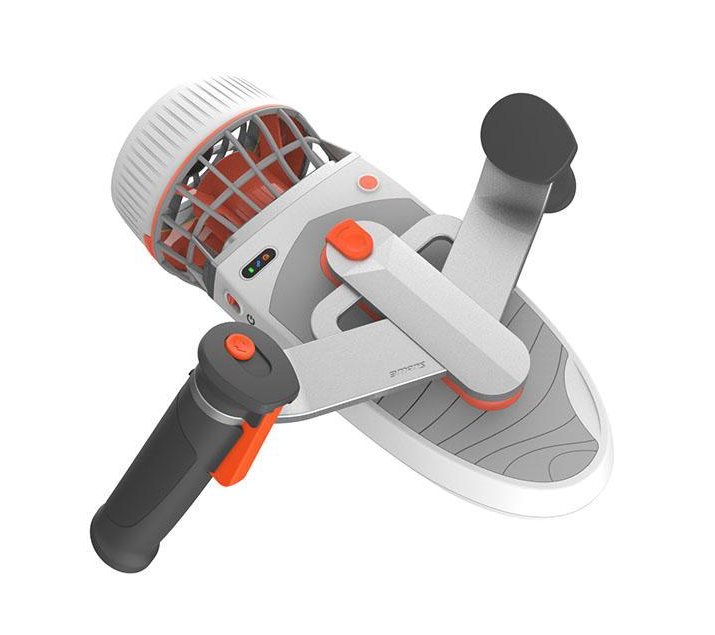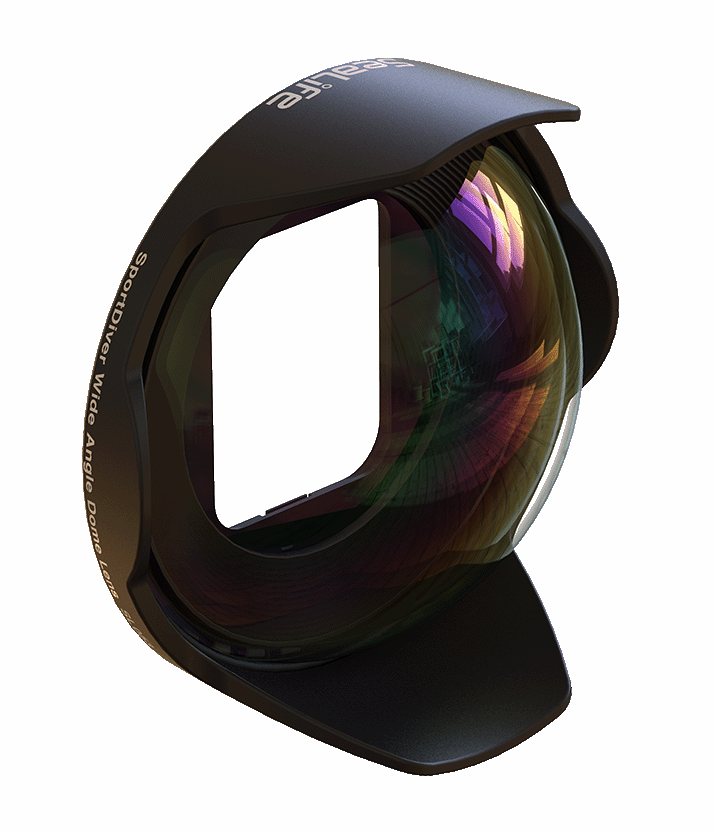- Home
- Directory
- Shop
- Underwater Cameras - Photographic Accessories
- Smartphone Housings
- Sea Scooters
- Hookah Dive Systems
- Underwater Metal Detectors
- Dive Gear
- Dive Accessories
- Diving DVD & Blu-Ray Discs
- Diving Books
- Underwater Drones
- Drones
- Subscriptions - Magazines
- Protective Cases
- Corrective Lenses
- Dive Wear
- Underwater Membership
- Assistive Technology - NDIS
- On Sale
- Underwater Gift Cards
- Underwater Art
- Power Stations
- Underwater Bargain Bin
- Brands
- 10bar
- AOI
- AquaTech
- AxisGo
- Backscatter Underwater Video and Photo
- BLU3
- Cayago
- Chasing
- Cinebags
- Digipower
- DJI
- Dyron
- Edge Smart Drive
- Eneloop
- Energizer
- Exotech Innovations
- Fantasea
- Fotocore
- Garmin
- Geneinno
- GoPro
- Hagul
- Hydro Sapiens
- Hydrotac
- Ikelite
- Indigo Industries
- Inon
- Insta360
- Intova
- Isotta Housings
- Jobe
- JOBY
- Kraken Sports
- LEFEET
- Mirage Dive
- Nautica Seascooters
- Nautilus Lifeline
- NautiSmart
- Nitecore
- Nokta Makro
- Oceanic
- Olympus
- OM System
- Orca Torch
- Paralenz
- PowerDive
- QYSEA
- Scubajet
- Scubalamp
- Sea & Sea
- SeaDoo Seascooter
- SeaLife
- Seavu
- Shark Shield
- Sherwood Scuba
- Spare Air
- StickTite
- Sublue
- Suunto
- SwellPro
- T-HOUSING
- Tusa
- U.N Photographics
- Venture Heat
- XTAR
- Yamaha Seascooter
- Youcan Robot
Shark Attacks - 7 Answers to Frequently Asked Questions
Contributed by Wandy Hochgrebe
When do the sharks come out to play? Is there a certain time you should avoid the water?
Most attacks world-wide happen between 8.00 am and 6.00 pm and mostly on weekend during the warmer seasons of the year. This has not so much to do with shark behaviour though but everything with human behaviour since these are the times when most people are spending time in the water.
Sharks will generally hunt at dawn and dusk and at night, but like many predators will feed at any time they come across prey unless they have just eaten and some female sharks – like the female Grey Nurse Sharks – do not eat at all during mating season.
What do I do if I see a shark while I’m swimming?
If you are not sure of the species or intention of the shark you should calmly, quietly and quickly leave the water. However, if it is for example a Leopard Shark, a Port Jackson Shark or a White-tip Reefshark you might consider getting your camera out and take a few shots. In any case treat it with respect and don’t try to pick it up, prod it or provoke it in any way.
How can I tell which sharks are dangerous, and which are harmless?
 There are several species that
can
inflict injury when they are provoked or harassed, but only 4 species
are considered to be truly dangerous: Tiger Shark, Bull Shark, Great
White Shark and Oceanic White-tip
There are several species that
can
inflict injury when they are provoked or harassed, but only 4 species
are considered to be truly dangerous: Tiger Shark, Bull Shark, Great
White Shark and Oceanic White-tip
This has to do with their world-wide distribution as these species can be found in many places, size and choice of natural prey. And lets be realistic no-one is reporting the fact they were nibbled on by a Small-eye Pygmy Shark (maximum size recorded 22 cm) and it would be unlikely too since they live at a depth of 2000 – 200 m.
Even so there are times that swimming with even those sharks can be safe and many people have encountered those sharks unexpectedly and were fine. However, it is recommended to leave the water.
There are many theories why sharks attack or injure people and no one really knows. A few theories include mistaken identity with a prey animal, being curious and using their tasting organs located in their mouth to check or they attack when they feeling threatened or cornered.
Harmless sharks would include species such as the Port Jackson Shark, Leopard Shark, Blind Sharks and most smaller shark species. However, as with all animal – wild ones in particular - sharks that are cornered, harassed or threatened can respond unpredictably.
What do I do if I get attacked by a shark? (eg. have heard you kick it between the eyes – is this true?)
 Various strategies can be found
on how
to ‘fight’ a shark in books and on the web. Logic tells us that indeed
it would be sensible to go for areas that are most sensitive such as
the snout where the ampullae of Lorenzini are located, the eyes or the
gills. While you are at it pull its claspers if it is a male.
Practically, would you really be able to reach those spots whilst you
are being attacked?
Various strategies can be found
on how
to ‘fight’ a shark in books and on the web. Logic tells us that indeed
it would be sensible to go for areas that are most sensitive such as
the snout where the ampullae of Lorenzini are located, the eyes or the
gills. While you are at it pull its claspers if it is a male.
Practically, would you really be able to reach those spots whilst you
are being attacked?
In any case it is not recommended to play dead but instead fight for
your life and find anything hard or sharp to hit or stab the shark
wherever your can. If a shark bumps you and swims off you should
quickly, but calmly (?!) exit the water trying to keep facing the
shark. When SCUBA diving and you have enough air find a spot with your
back against a solid surface or back-to-back with your buddy and try to
get back to shore or the boat. If you are being injured or hurt seek
immediate medical assistance even if it does not seem serious at the
time.
Is it true that if I wear a black wetsuit, sharks will think I’m a seal and are more likely to attack me?
A lot of wetsuits people wear tend to be a darker colour and looking up from down below against the light anything on the surface looks dark anyway. Shark experts also believe that sharks make up their mind on where to go long before they have visual contact.
As mentioned above, it is not quite clear why people do get attacked and since Great White Sharks for example have an exceptional visual system this explanation is quite unlikely. However, when you go surfing in an area that is a hunting ground for sharks and move like an injured seals, waves crashing all around you, etc a shark might get confused.
How can I avoid being attacked by a shark?
- The easiest and surest way would be to stay out of the water other than swimming pools, but there are a few things to consider when going for a swim in the ocean.
- Stay away from the mouths of rivers after heavy rains, when freshwater fishes and other animals are swept out to sea and sharks might be on the hunt confusing you with its prey.
- Swim clear of fishing boats or fishing activities. They often trail fish remains and blood, which can draw sharks.
- Avoid areas where animal, human, or fish waste enter the water. Sewage attracts baitfish, which in turn attract sharks.
- Avoid swimming in areas known for sharks feeding such as rookeries and seal pupping grounds, Stay out of the water at dawn, dusk, and night, when some species of sharks may move inshore to feed on fish. Sharks are well equipped to locate prey even when visibility is poor.
- Leave the water quickly and calmly if a dangerous shark is sighted or if you are being instructed to do so.
- Do not provoke, harass, or entice a shark, even a small one.If you are spear diving and are approached by a shark, stay as still as possible. If you are carrying fish or other catches, release the catch and quietly leave the area.
How can I help a victim of a shark bite
- Remove the victim from the water as soon as possible.
- Even before you leave the water, begin controlling bleeding by pressing on pressure points or by applying tourniquets.
- Protect the victim from cold by wrapping him or her in a blanket to minimize heat loss.
- Once out of the water try not to move the victim unnecessarily.
- Call for medical help.
Images
- Image of Great White Shark by underwater australasia member Daniel Norwood
- Image by underwater australasia member Peter Hutchins
References
Shopfront
-
 AquaTech EDGE Pro Camera Water Housings - Nikon mirrorless
AquaTech EDGE Pro Camera Water Housings - Nikon mirrorless
- Price A$ 2,149.00
-
 Backscatter Macro Wide 4300 Underwater Video Light MW-4300
Backscatter Macro Wide 4300 Underwater Video Light MW-4300
- Price A$ 889.00
-
 Sublue Tini - Modular Underwater Scooter
Sublue Tini - Modular Underwater Scooter
- Price A$ 799.00
-
 Kraken Sports KR-S80 Strobe
Kraken Sports KR-S80 Strobe
- Price A$ 889.00
-
 Sealife 6” / 15cm Wide Angle Dome Lens for SportDiver
Sealife 6” / 15cm Wide Angle Dome Lens for SportDiver
- Price A$ 349.00
-
 SeaLife - SportDiver ULTRA Pro 2500 Set
SeaLife - SportDiver ULTRA Pro 2500 Set
- Price A$ 1,299.00
In the Directory

 Wakatobi Dive Resort
Wakatobi Dive Resort
Wakatobi Dive Resort has some of the most pristine reefs in Indonesia at its doorstep. Protected by their Collaborative Reef Conservation Program, Wakatobi is the #1 choice for sophisticated divers.
 Local Dive Thailand
Local Dive Thailand
Phuket's local scuba diving experts. A great blend of Thai local knowledge and European professionalism that equals a superb dive experience with the most knowledgeable guides and instructors











 SUPE Scubalamp RD75E LED Recreational Diving Torch - 1200 lumens
SUPE Scubalamp RD75E LED Recreational Diving Torch - 1200 lumens  Sealife Super Macro Close-Up Lens for Micro HD / 2.0 / 3.0 and RM4K
Sealife Super Macro Close-Up Lens for Micro HD / 2.0 / 3.0 and RM4K 




